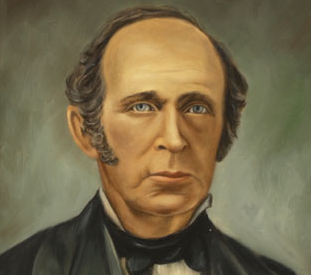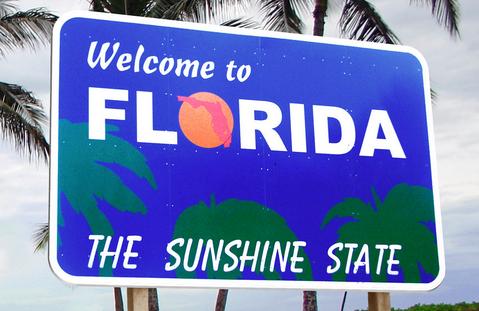William Dunn Moseley: Florida's First Governor Under Statehood
Academic pursuits and a successful legal career characterized Moseley's early life in North Carolina. After graduating from the University of North Carolina in 1818 and establishing a private law practice, he entered the political arena as a member of the North Carolina State Senate, where he served from 1829 to 1836.
In 1836, Moseley relocated his family to a plantation on Miccosoukie Lake in Florida, marking a pivotal turning point. He quickly immersed himself in the political landscape of the territory, serving in the Florida Territorial House of Representatives in 1840 and the Florida Territorial Senate in 1844. These experiences paved the way for his election as Governor of Florida on May 26, 1845, a position he officially assumed on June 25 of the same year.
Moseley's tenure as Governor was marked by a strong advocacy for states' rights, a belief that resonated with many Floridians at the time. He also recognized the importance of agriculture to the state's economy and actively supported its development through various initiatives. Additionally, Moseley was a vocal proponent of establishing state-funded public schools, an issue that would have a lasting impact on Florida's educational system.
During Moseley's governorship, the Mexican War erupted, leading to increased military activity in the region. The federal government initiated the construction of Fort Clinch in Fernandina and Fort Jefferson on Garden Key, further solidifying Florida's strategic importance.
Upon leaving office in 1849, Moseley retired from public service and returned to his Jefferson County plantation. He later moved to Palatka, where he cultivated a large citrus grove, contributing to the state's burgeoning agricultural sector.
 William Dunn Moseley's legacy as Florida's first Governor under statehood is one of leadership, dedication, and a deep commitment to the well-being of the state and its citizens. His contributions to Florida's political, economic, and educational development during its formative years continue to be remembered and celebrated. Moseley passed away in 1863 and is buried in Palatka, where his final resting place serves as a reminder of his enduring impact on the Sunshine State.
William Dunn Moseley's legacy as Florida's first Governor under statehood is one of leadership, dedication, and a deep commitment to the well-being of the state and its citizens. His contributions to Florida's political, economic, and educational development during its formative years continue to be remembered and celebrated. Moseley passed away in 1863 and is buried in Palatka, where his final resting place serves as a reminder of his enduring impact on the Sunshine State.
